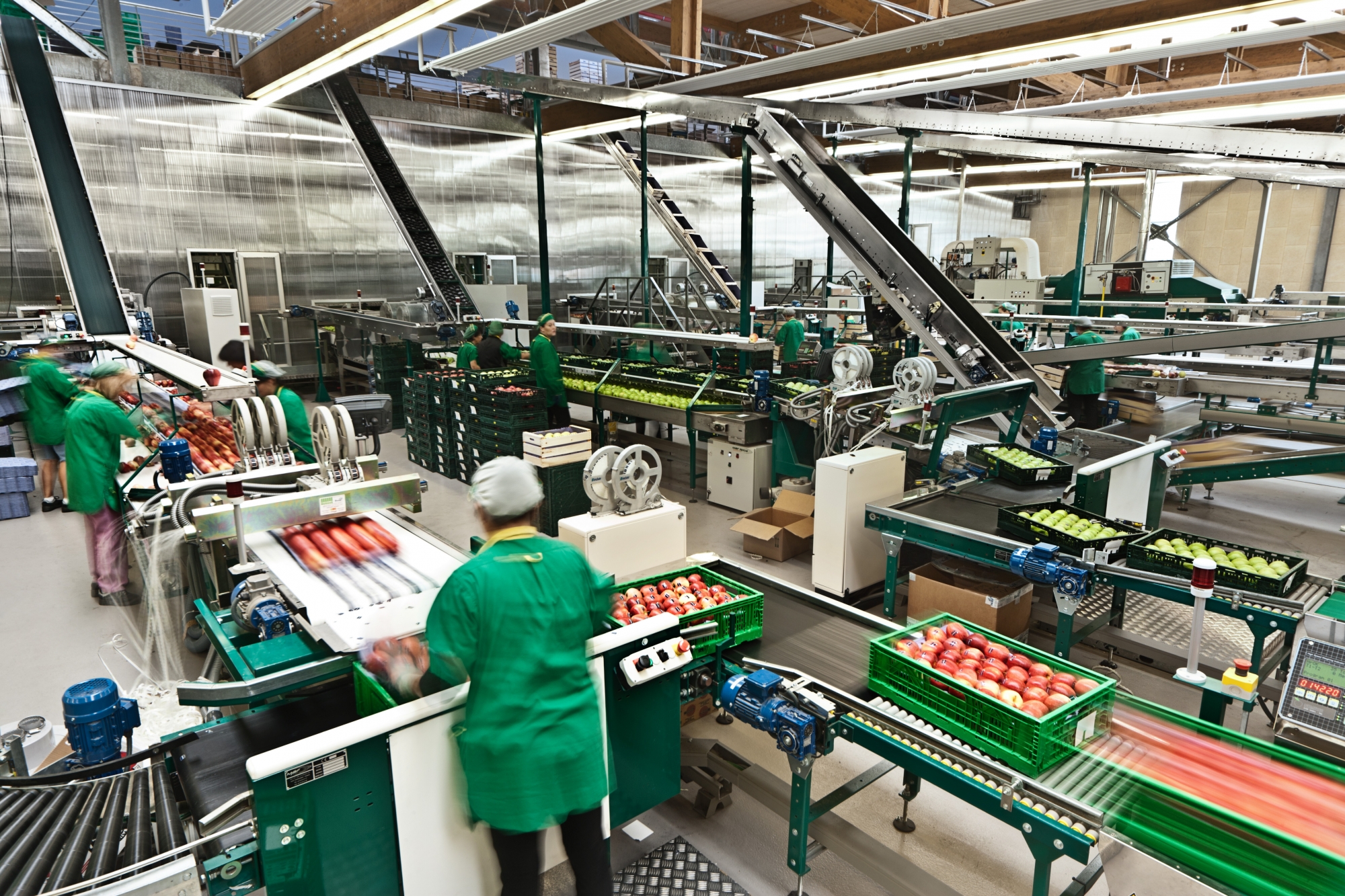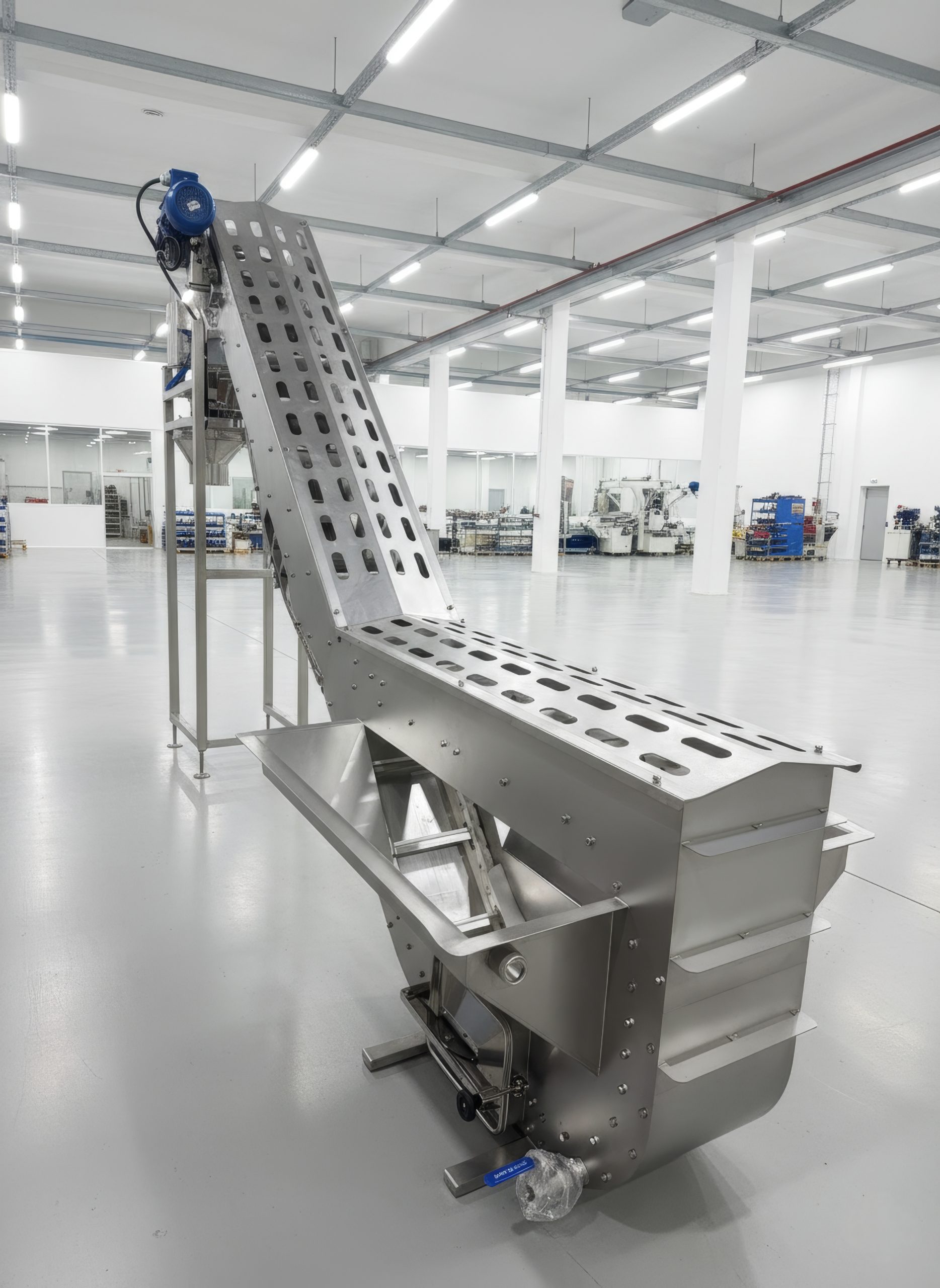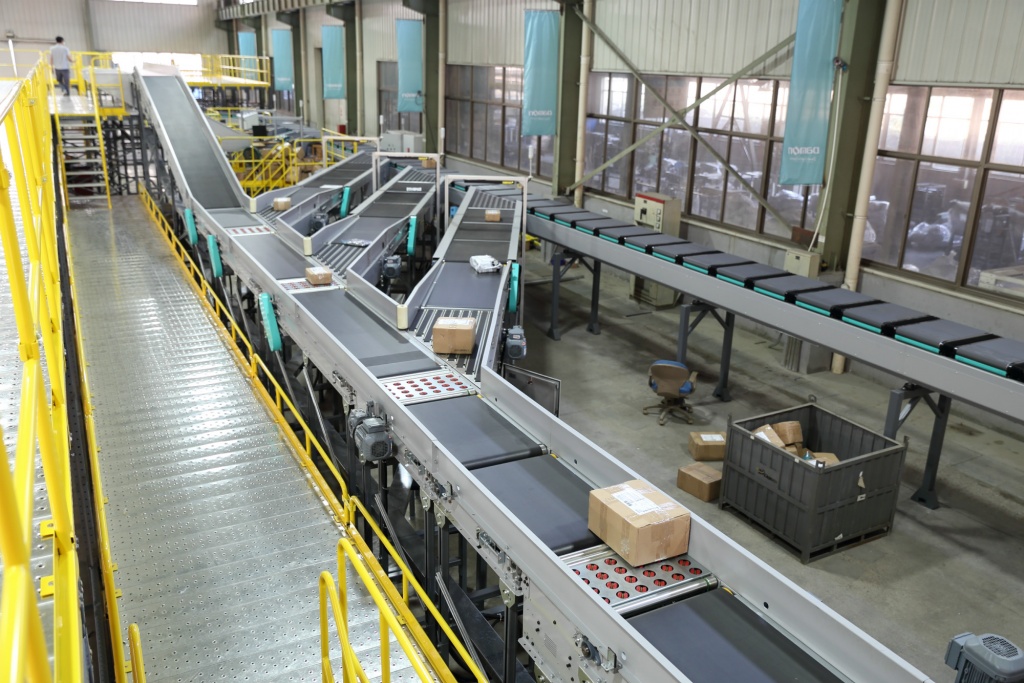Automation of waste sorting processes is a key element in modern waste and resource management. The introduction of automated sorting conveyor systems allows enterprises to efficiently process large volumes of waste, reducing manual labor costs and improving the quality of final products.
Sorting conveyors (transporters) to order
Custom-made sorting conveyors are unique solutions adapted to the specific needs of the enterprise. They can be designed to process different types of materials, including solid waste, industrial waste, plastic, metal, paper and other materials. Ordering individual solutions allows you to take into account the specifics of the processes performed at the enterprise, as well as the features of the premises and production lines.
Advantages of an individual approach:
Adaptation to needs: Conveyors can be customized to specific sorting requirements, including size, weight and shape of materials.
Optimizing the work process: Reducing the time for sorting and increasing the accuracy of waste processing.
Improving efficiency: Ensuring stable and continuous operation of the sorting line.
Conveyor equipment and equipment for automation
Conveyor equipment for the automation of sorting processes includes a wide range of technologies that allow efficient and accurate distribution of materials into different categories. This equipment may include:
Optical sorting systems: Use cameras and sensors to identify materials by color, shape, and other characteristics.
Magnetic separators: Separate metals from other materials.
Pneumatic systems: Use air flow to move light materials.
Robotic manipulators: Automate the process of sorting and placing materials on the conveyor.
Advantages of using sorting systems at enterprises
Efficiency and productivity:
Automated sorting systems allow you to quickly and accurately process large volumes of waste, which significantly increases the productivity of the enterprise. The high speed of sorting helps to reduce the time required for processing materials.
Reduction of manual labor costs:
Automation of sorting processes reduces the need for manual labor, which allows enterprises to reduce labor costs and increase the efficiency of the use of human resources.
Improving the quality of sorting:
Modern technologies, such as optical sensors and robotic manipulators, ensure high sorting accuracy, which minimizes errors and ensures better quality of final products.
Reducing the impact on the environment:
Automated systems contribute to more efficient waste processing and separation of secondary raw materials, which reduces the volume of garbage in landfills and contributes to environmental protection.
Optimization of logistics and spatial location:
Compact and integrated solutions allow efficient use of available space at the enterprise, which is important for limited areas.
Flexibility and scalability:
Automated sorting systems can be easily adapted to the changing needs of the enterprise, allowing new lines or modules to be added as needed.
Conveyors and conveyors: linear, belt, roller, chain, screw, scraper
Automated sorting systems can use different types of conveyors and conveyors, depending on the type of materials and operating conditions:
Linear conveyors: A simple solution for transporting materials in straight sections.
Belt Conveyors: Versatile conveyors used to transport a variety of materials.
Roller conveyors: Used for transporting boxes, packages and other loads.
Chain conveyors: Suitable for heavy loads, ensure reliability and durability.
Screw Conveyors: Used to transport bulk materials such as grain or sand.
Scraper conveyors: Ensure the movement of materials through closed channels, which allows you to avoid spraying dust and other pollution.
Where, who and how use automated conveyors?
Where is it used?
Automated conveyor systems are used in various industries, including:
Municipal and private waste processing plants: For sorting and processing solid household and industrial waste.
Recycling centers: For the separation of secondary raw materials, such as plastic, metal, paper.
Logistics centers and warehouses: For sorting and transporting goods and cargo.
Food industry: For processing, sorting and packaging of food products.
Who uses?
Recycling companies: Use automated conveyor systems to increase efficiency and reduce operating costs.
Large manufacturing companies: Invest in automation to optimize production and logistics processes.
Logistics operators: Use conveyors for quick and accurate sorting of goods.
Government organizations: Support the implementation of automated systems at municipal levels to improve waste management.
How is it used?
Waste sorting: Used for automatic separation of waste into different fractions for further processing or disposal.
Material handling: Ensure efficient and uninterrupted flow of materials through production or sorting lines.
Materials processing and processing: Used to automate processes such as grinding, mixing, packaging, and more.
Optimization of production processes: Implemented to reduce downtime, increase production speed and ensure stable product quality.
Thus, automated conveyor systems are an integral part of modern production and logistics processes, ensuring their efficiency, reliability and economic benefit.
The price of a conveyor manufactured in Ukraine
The cost of manufacturing automated sorting conveyor systems in Ukraine depends on many factors, including the type of conveyor, its length, width, capacity, complexity of construction and the presence of additional functions, such as automatic control and quality control systems.
Prices can vary from several thousand to hundreds of thousands of hryvnias, depending on the equipment requirements. Example:
A standard belt conveyor can cost from 50,000 to 150,000 UAH.
Complex sorting systems with optical sensors and robotic manipulators can cost more than UAH 500,000.
All technical requirements and wishes of the customer must be taken into account for accurate cost calculation. This includes materials, technology, level of automation and other aspects.
Automated sorting conveyor systems are an important element in modern waste management, which ensures high efficiency and accuracy of material processing. Ordering equipment to order allows you to adapt solutions to the specific needs of the enterprise, and investments in modern technologies provide long-term benefits for the environment and the economy. Contact our specialists who will select the best automation option for your business.




